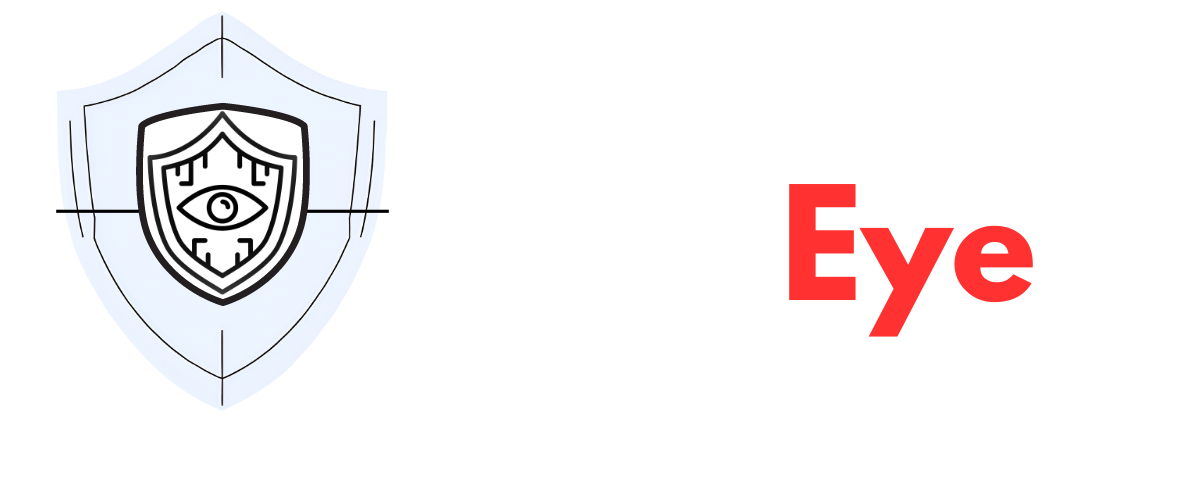Google Alert – Bangladesh Army
The Department of Electrical and Electronic Engineering (EEE) of Independent University, Bangladesh (IUB) received the Best Paper Award in the Poster Paper Presentation category at the 2025 IEEE International Conference on Quantum Photonics, Artificial Intelligence, and Networking (QPAIN).
The conference was held from July 31 to August 2, 2025, at the Bangladesh Army University of Science and Technology (BAUST), Saidpur, and was organized by the IEEE Photonics Society Bangladesh Chapter.
The paper was authored by undergraduate students Hemal Sharma, Fardous Mahmud, and Anika Bushra, along with Research Scientist Tazrian Noor and Dr. Mustafa Habib Chowdhury, Head of the EEE Department and Director of the IUB Photonics Simulation Laboratory (IUBPSL). Hemal Sharma, the lead presenter, and Fardous Mahmud represented the team at the conference. The paper will be indexed in SCOPUS and published in the IEEE Xplore Digital Library.
Dr Chowdhury also served as Technical Program Committee Co-Chair and Session Chair of the Invited Talk Session at QPAIN 2025, which featured expert lectures on perovskite solar cell development and polymer-based optical waveguide device design.
The research, titled “Effect of Plasmonic Metal Core – Tin(II) Fluoride Shell Nanoparticle Shape in Lead-Free Perovskite Solar Cells: A DFT and FDTD Study,” addressed persistent challenges in lead-free perovskite solar cells, such as stability, limited light absorption, and lower power conversion efficiency compared to lead-based alternatives.
The team proposed using plasmonic metal nanoparticles coated with a thin layer of tin(II) fluoride (SnF₂) to improve device performance. Because the optical properties of SnF₂ are not readily available in the literature, the researchers generated this data themselves using density functional theory (DFT) – a key novelty of the work. They then ran optical and electrical simulations using the finite-difference time-domain (FDTD) and CHARGE modules in the ANSYS-Lumerical software suite, licensed by IUB. The university also provided additional logistical support.
Perovskite solar cells are increasingly seen as the future of solar energy because they can achieve higher efficiency than traditional silicon solar cells, are cheaper and easier to manufacture, and can be made flexible or transparent. These qualities make them suitable for applications ranging from building-integrated photovoltaics to portable electronics and even space or defense technologies.
However, most currently use lead, a toxic and carcinogenic material. The IUB team’s research focuses on replacing lead with tin, a safer alternative, while maintaining performance and stability – advancing the case for sustainable, non-toxic solar energy solutions.
The award-winning paper was selected through a rigorous evaluation process that began with multiple reviewers assessing submissions before the conference, followed by marks awarded by two session chairs during the event, and a final quality review by the Technical Program Committee.
Over 165 posters competed in the offline poster session for this category. IUB was the sole winner in the Poster Presentation category, while Bangladesh University of Engineering and Technology (BUET) won in the Oral Presentation category. Several other Bangladeshi universities received joint runner-up awards. There was representation from a total of 28 countries, including Australia, Canada, China, France, Germany, India, Japan, the United States, and the United Kingdom.
MN/

